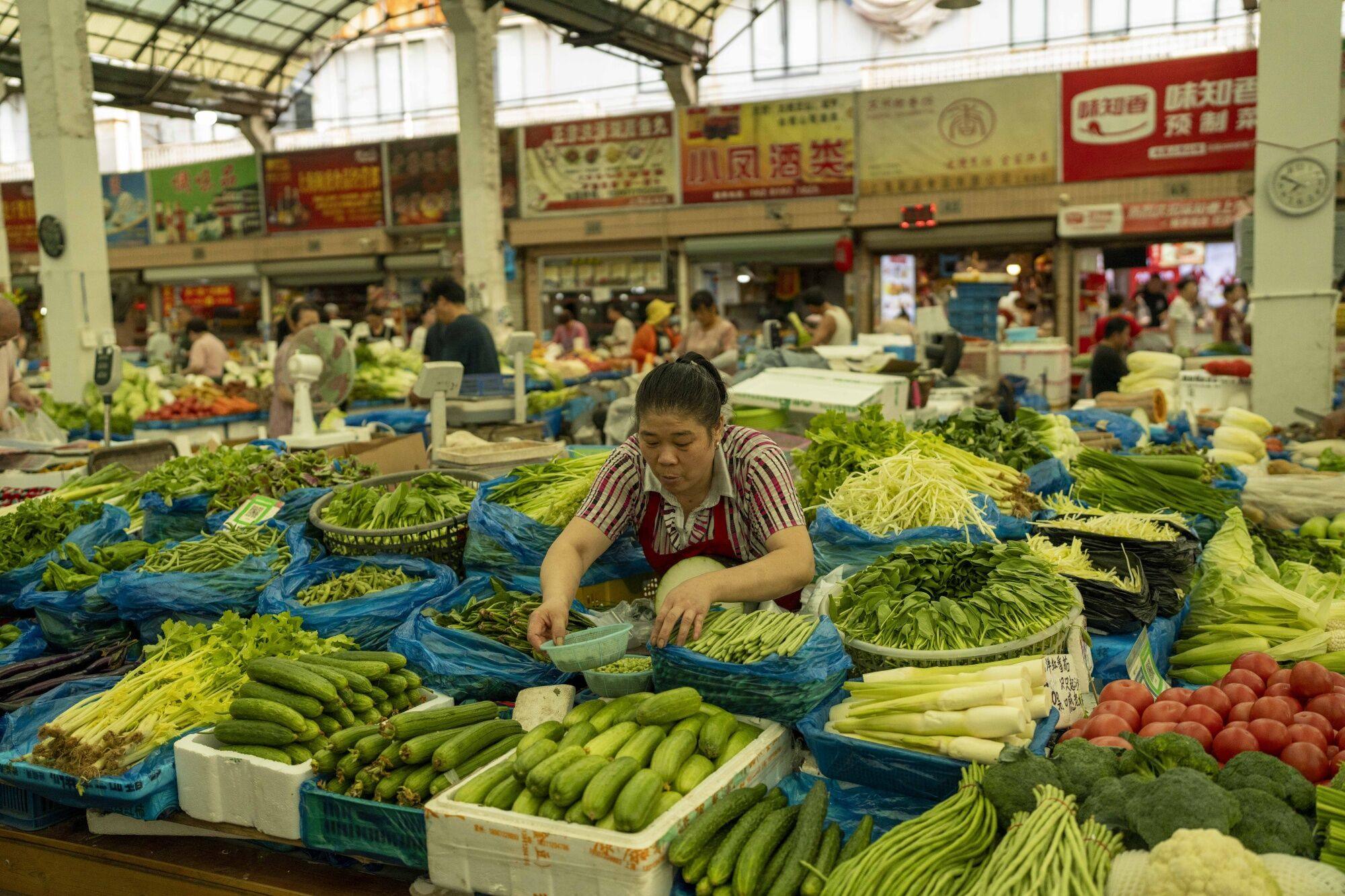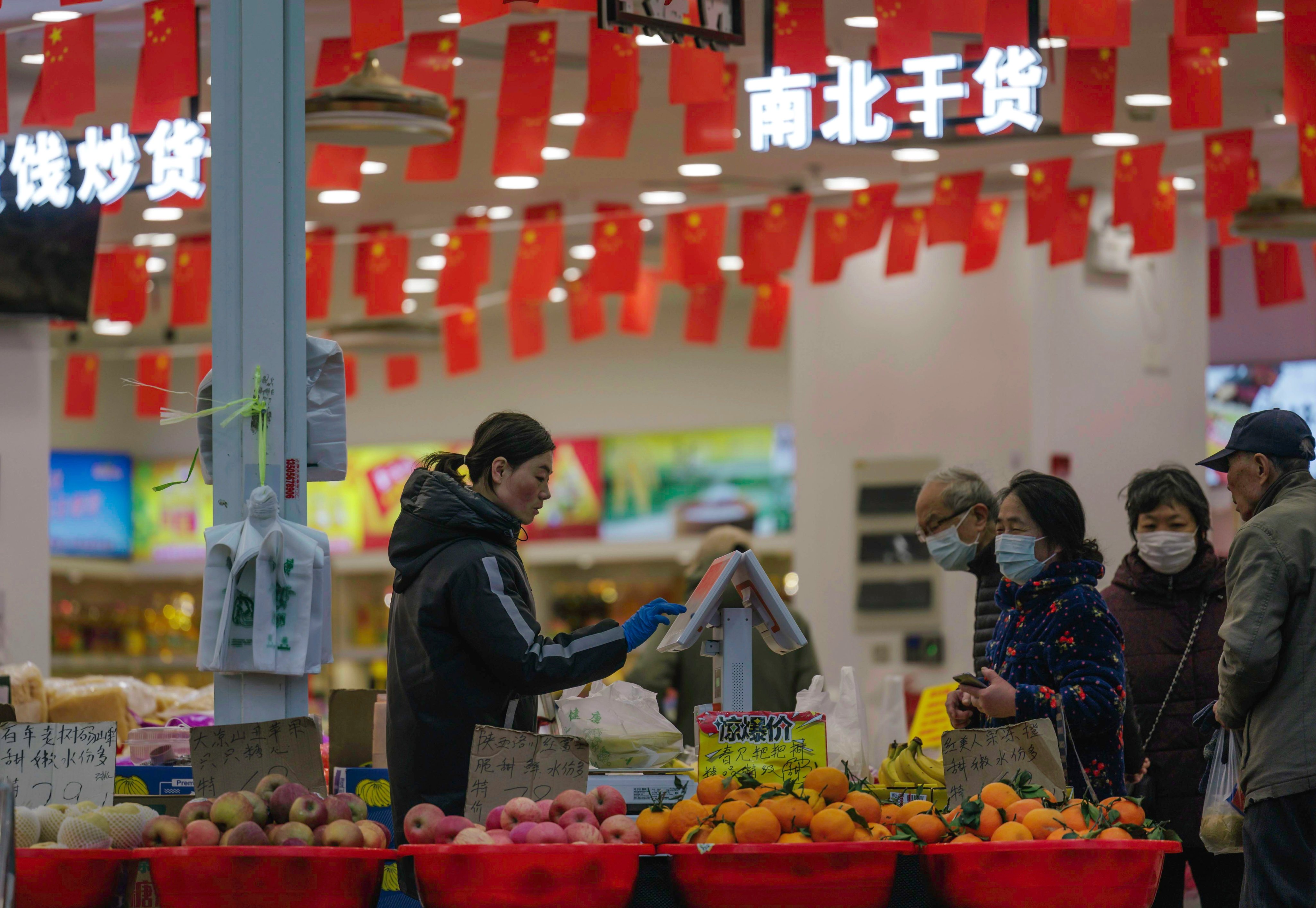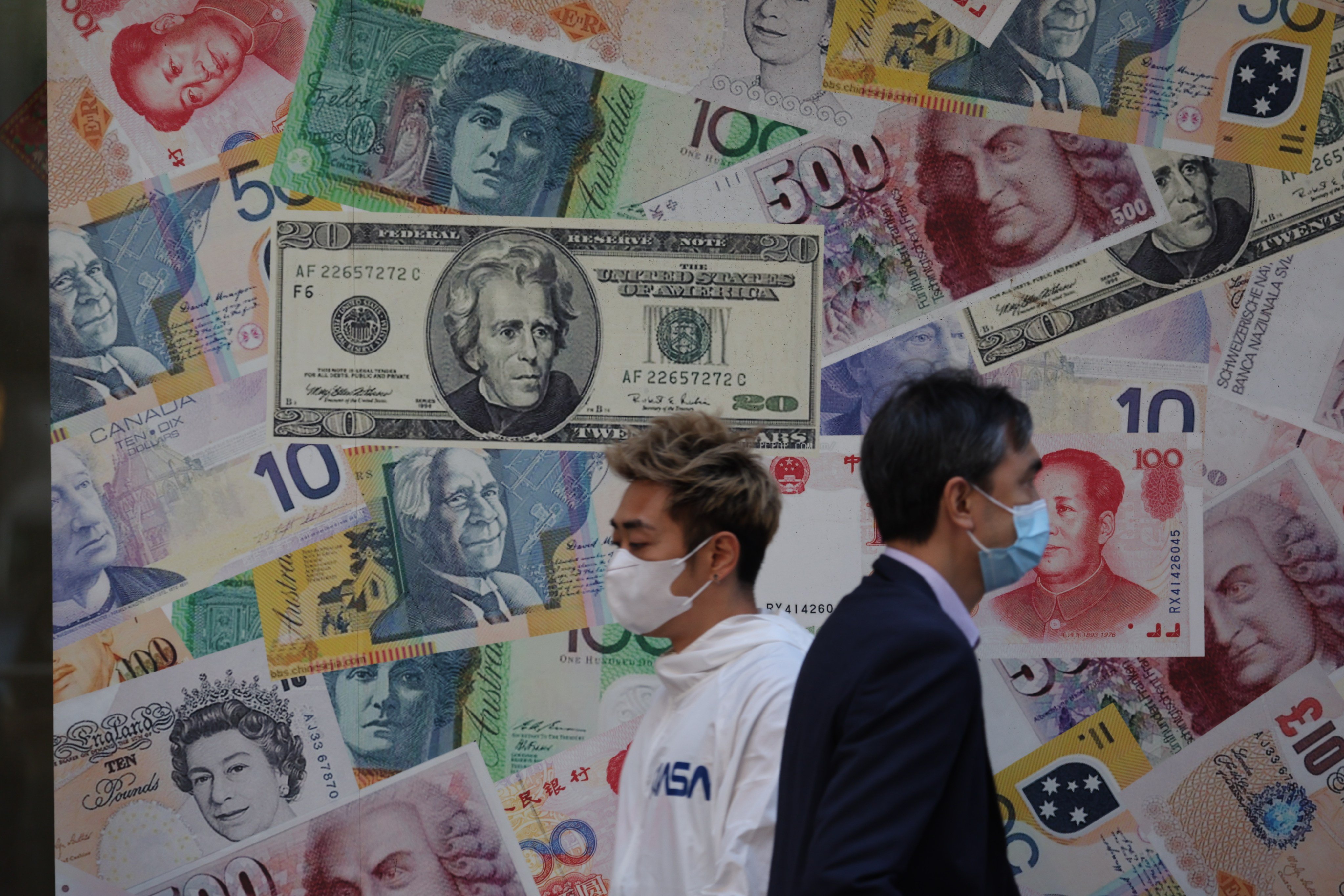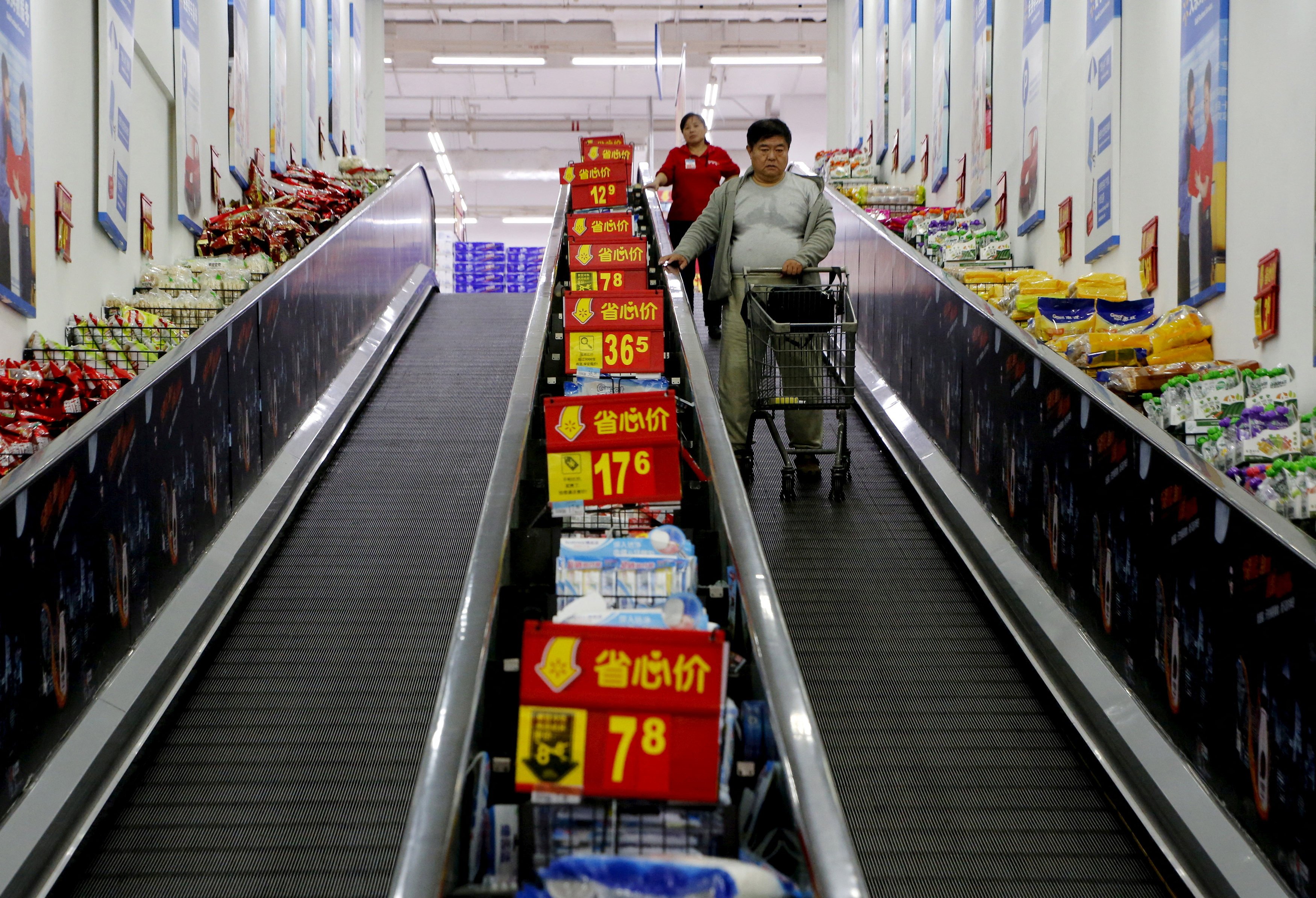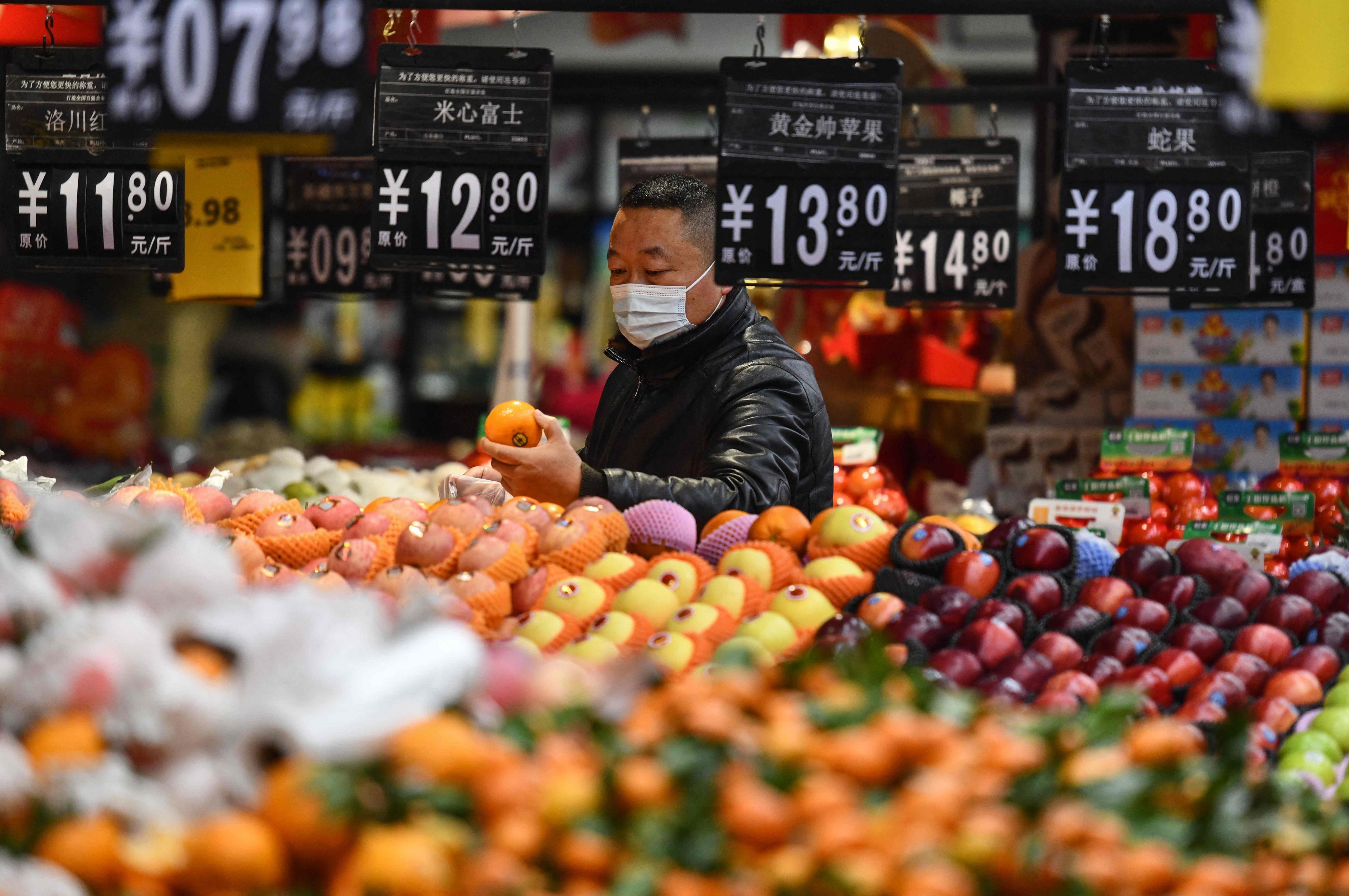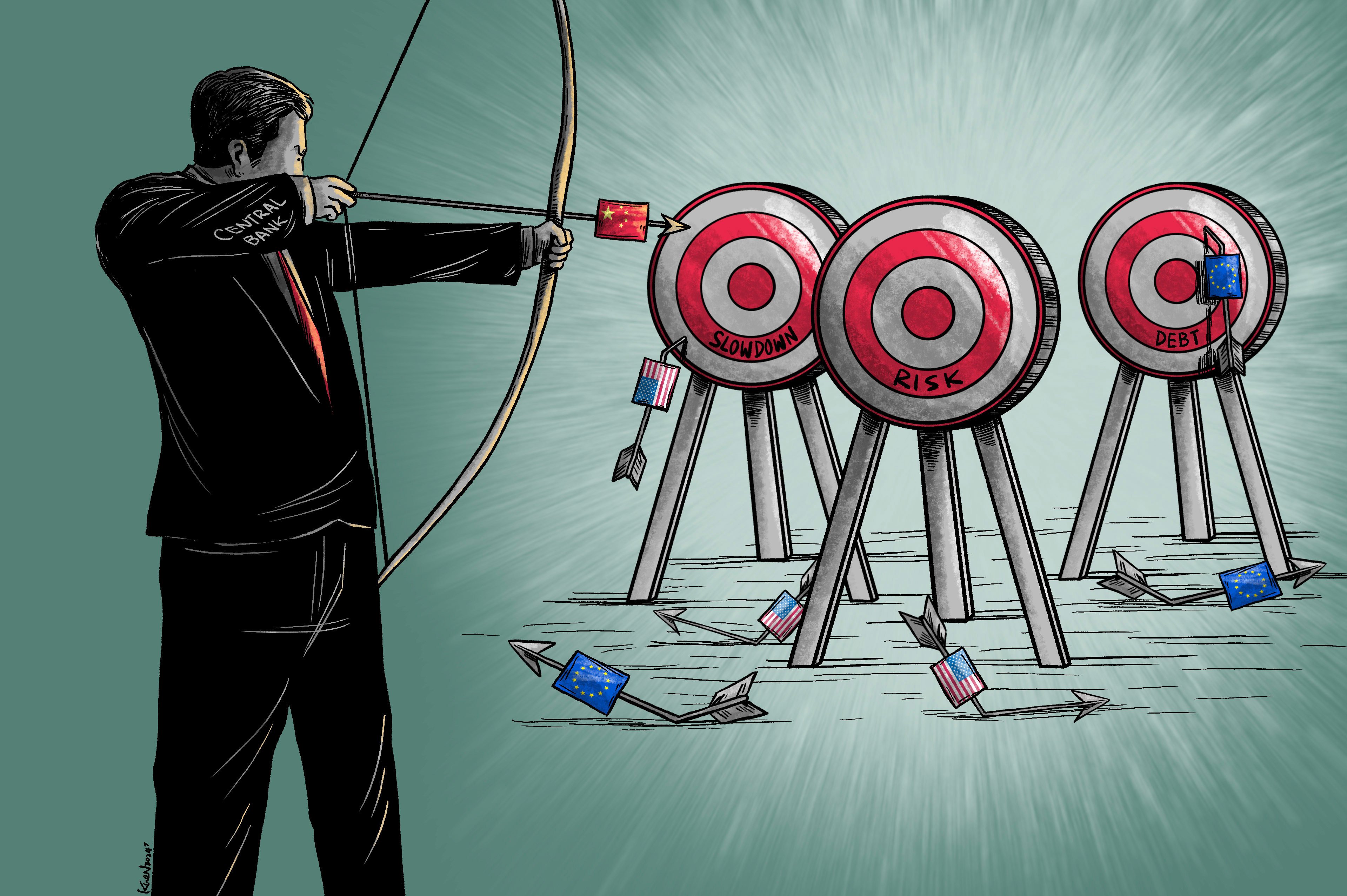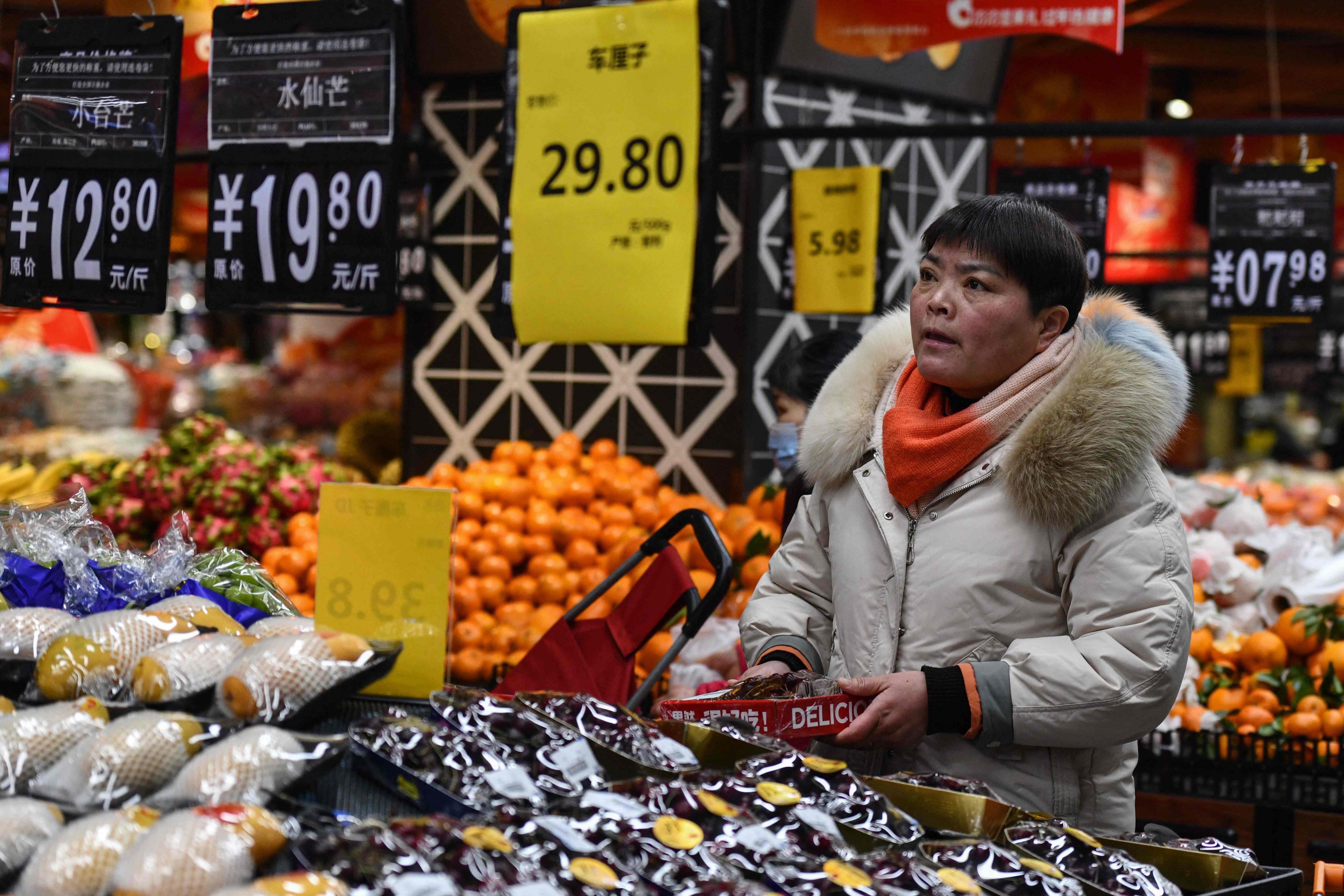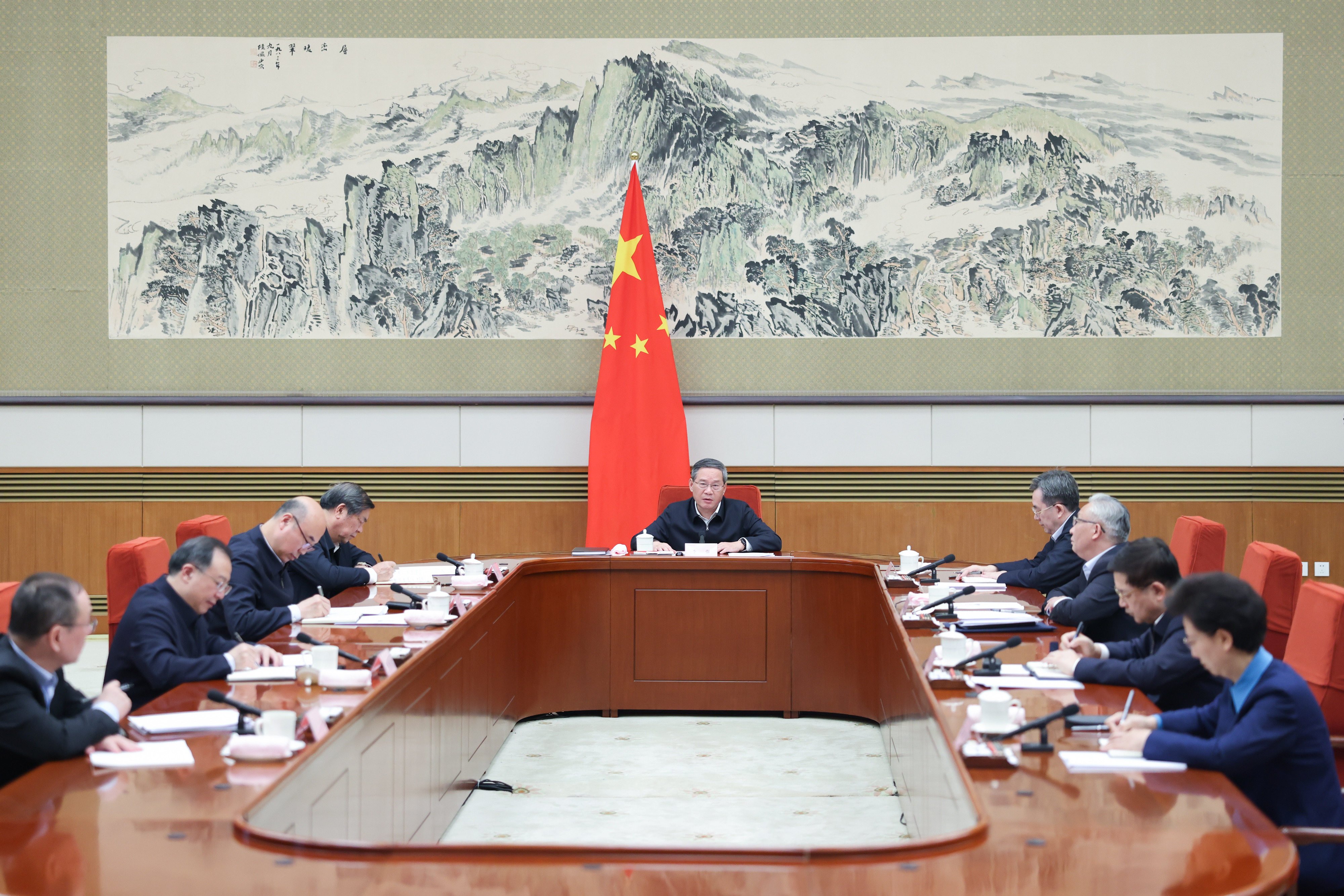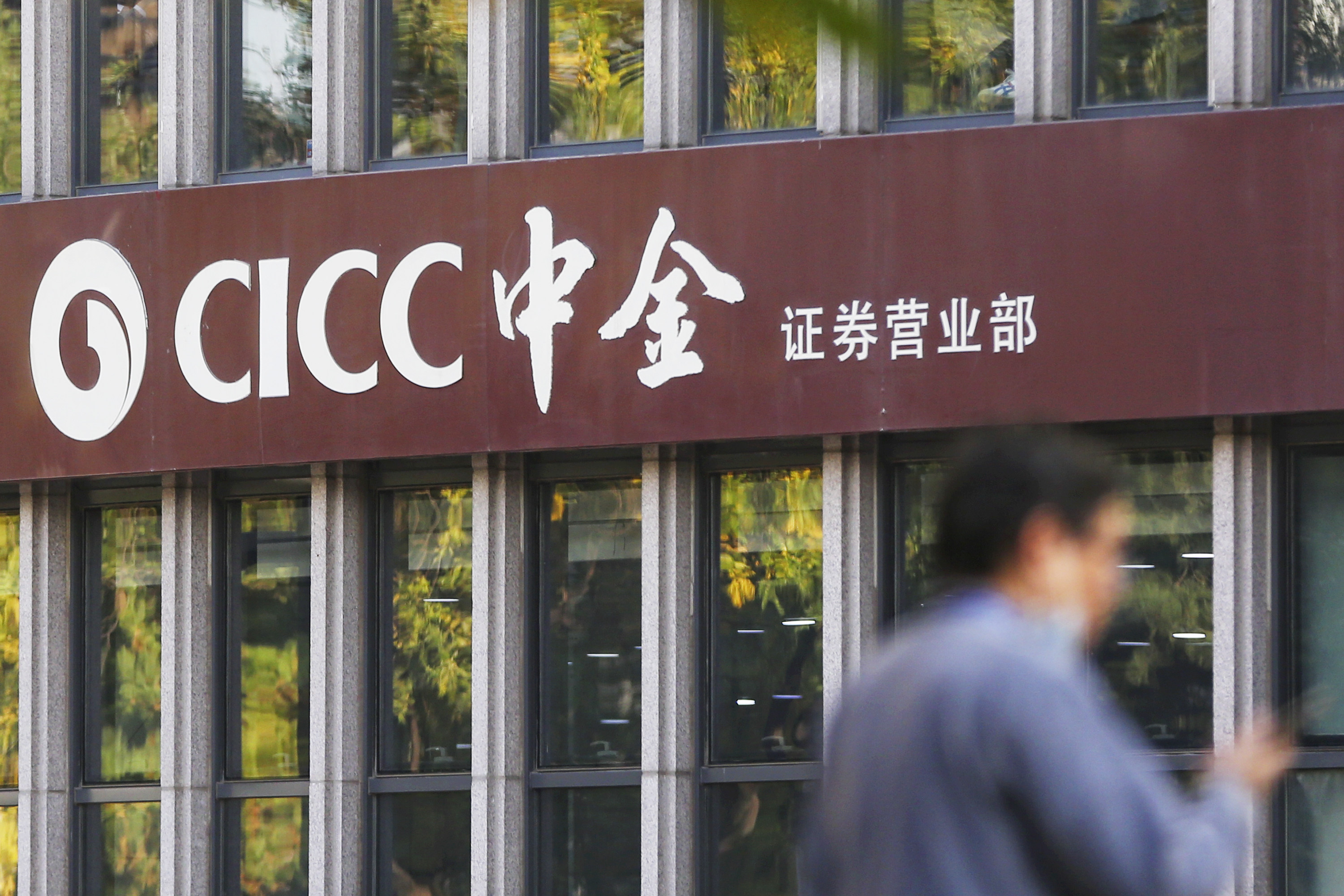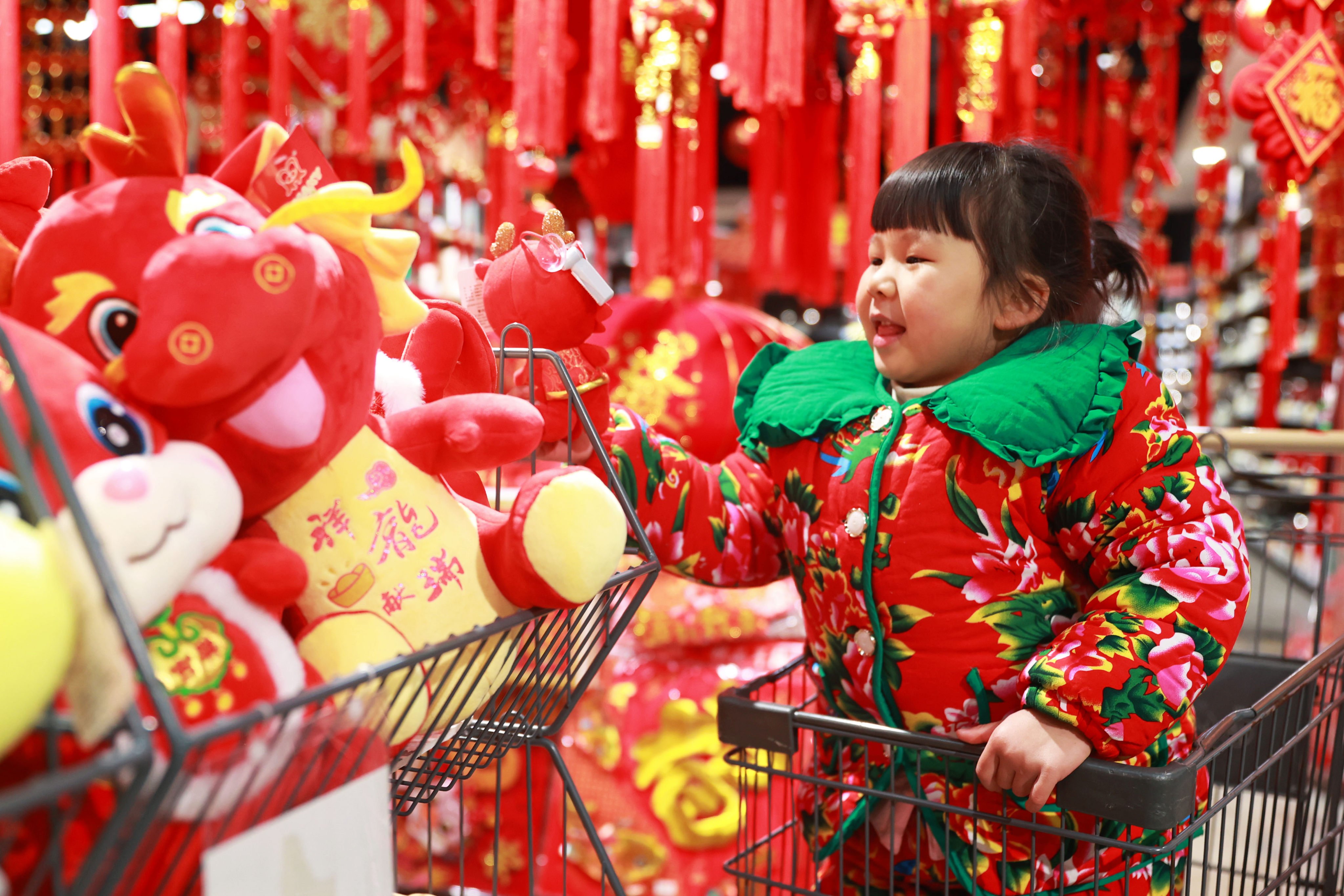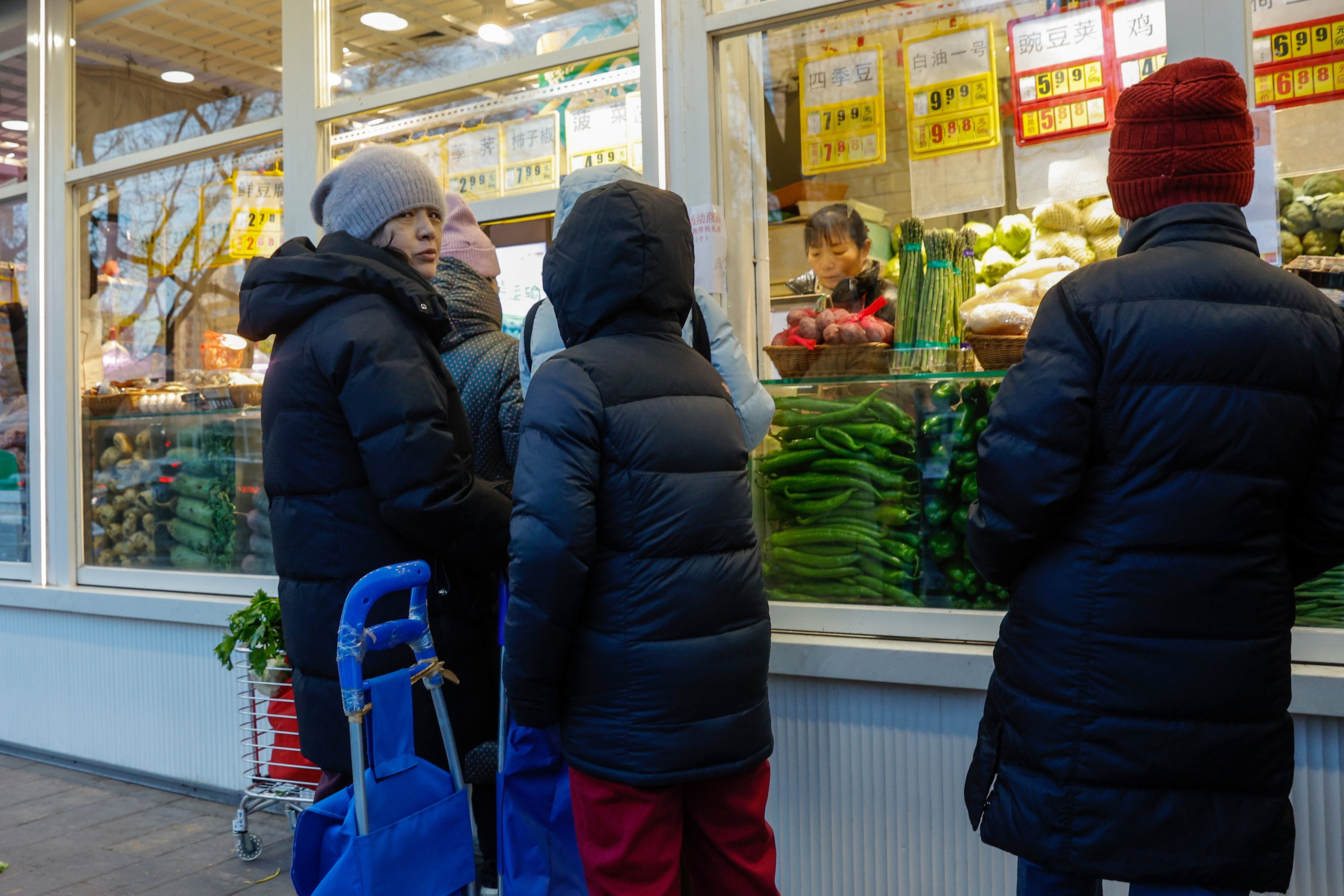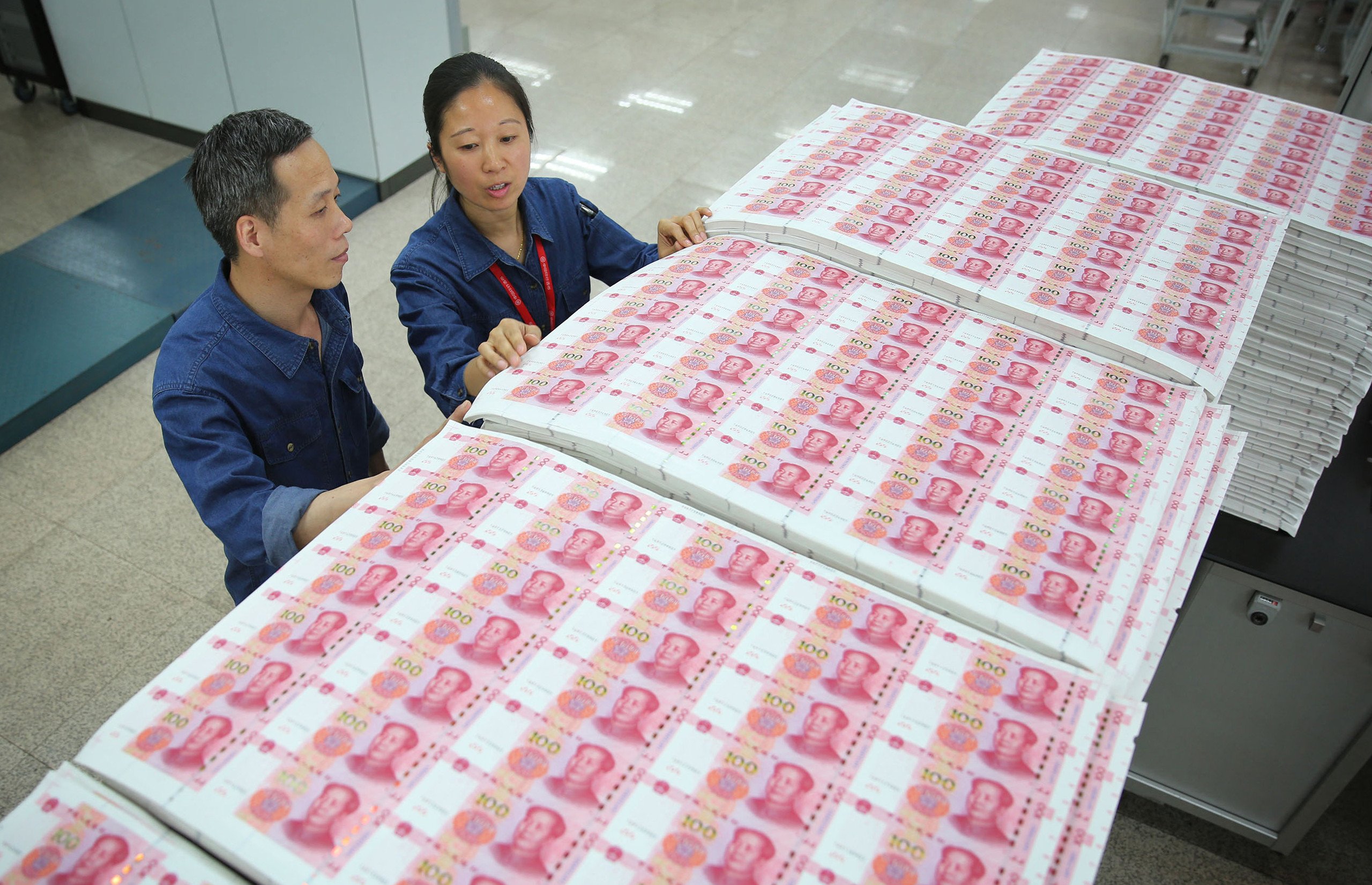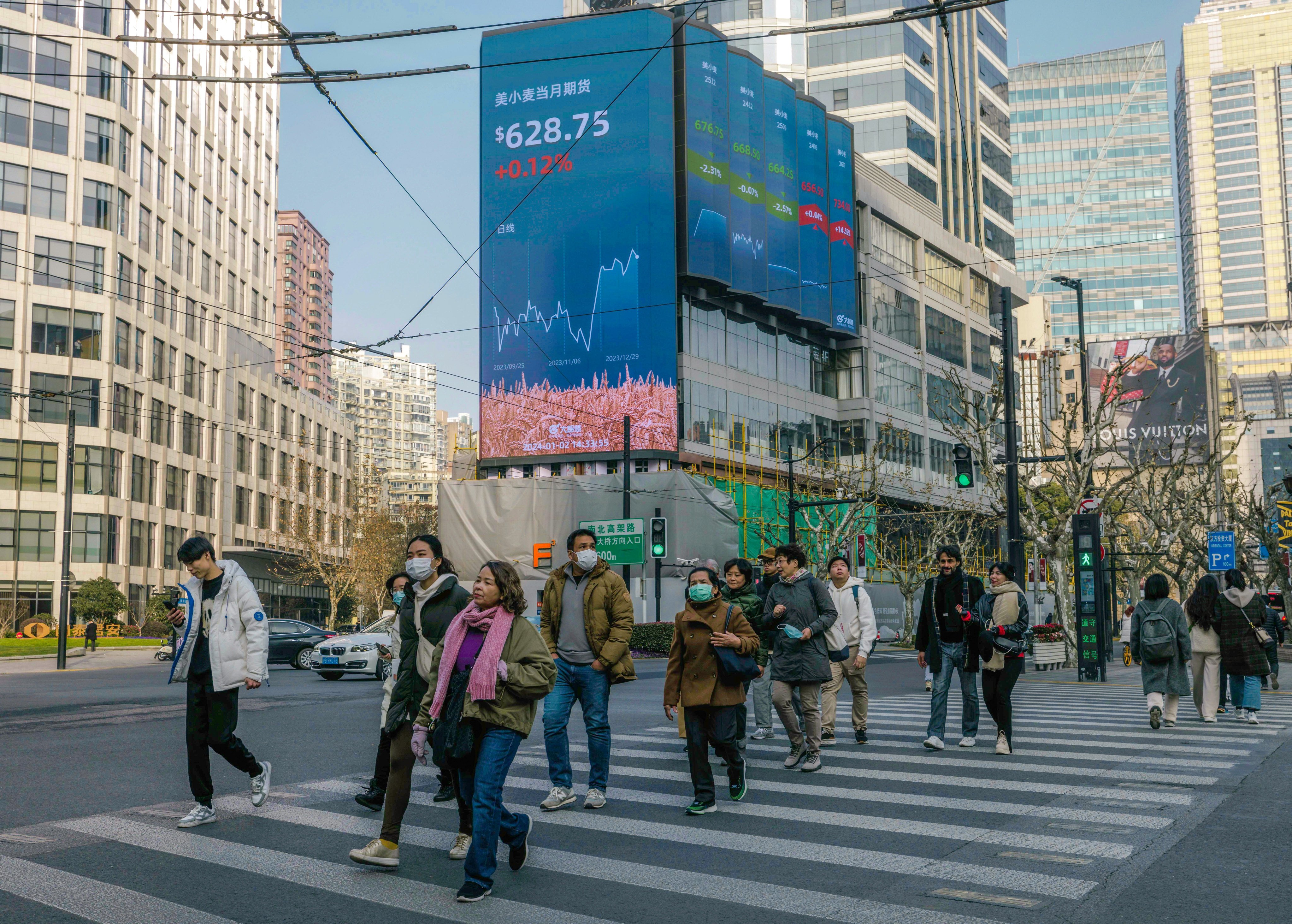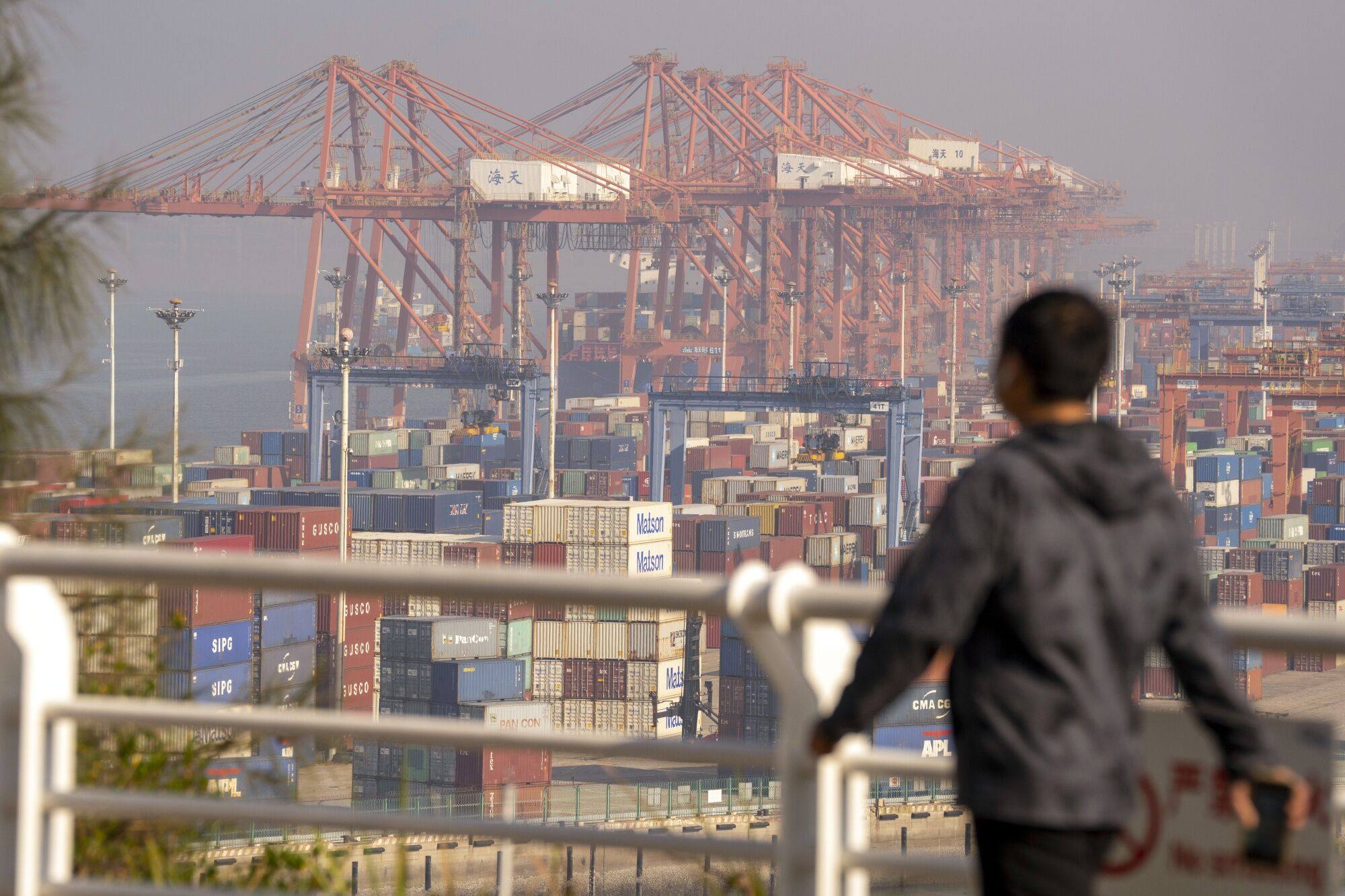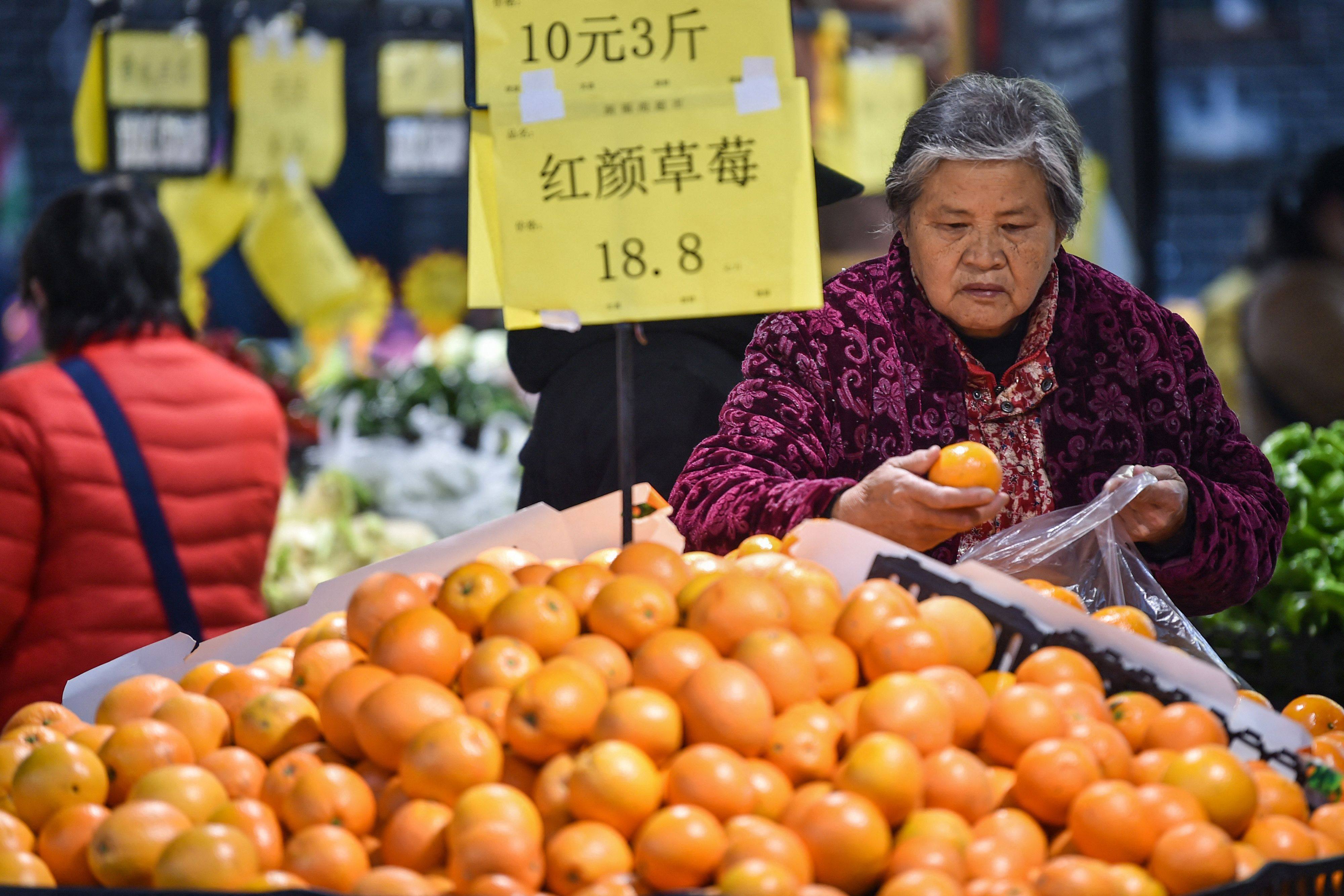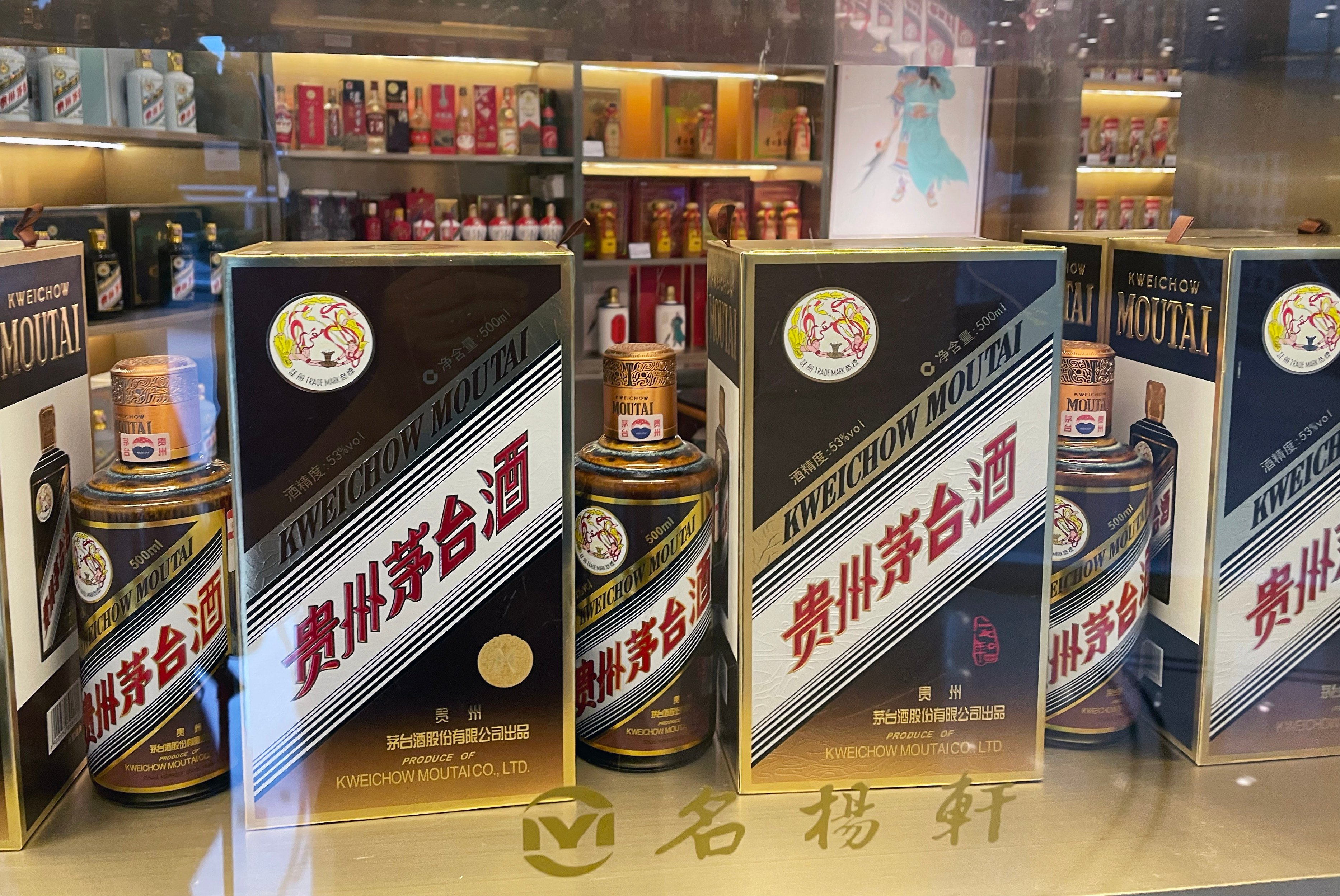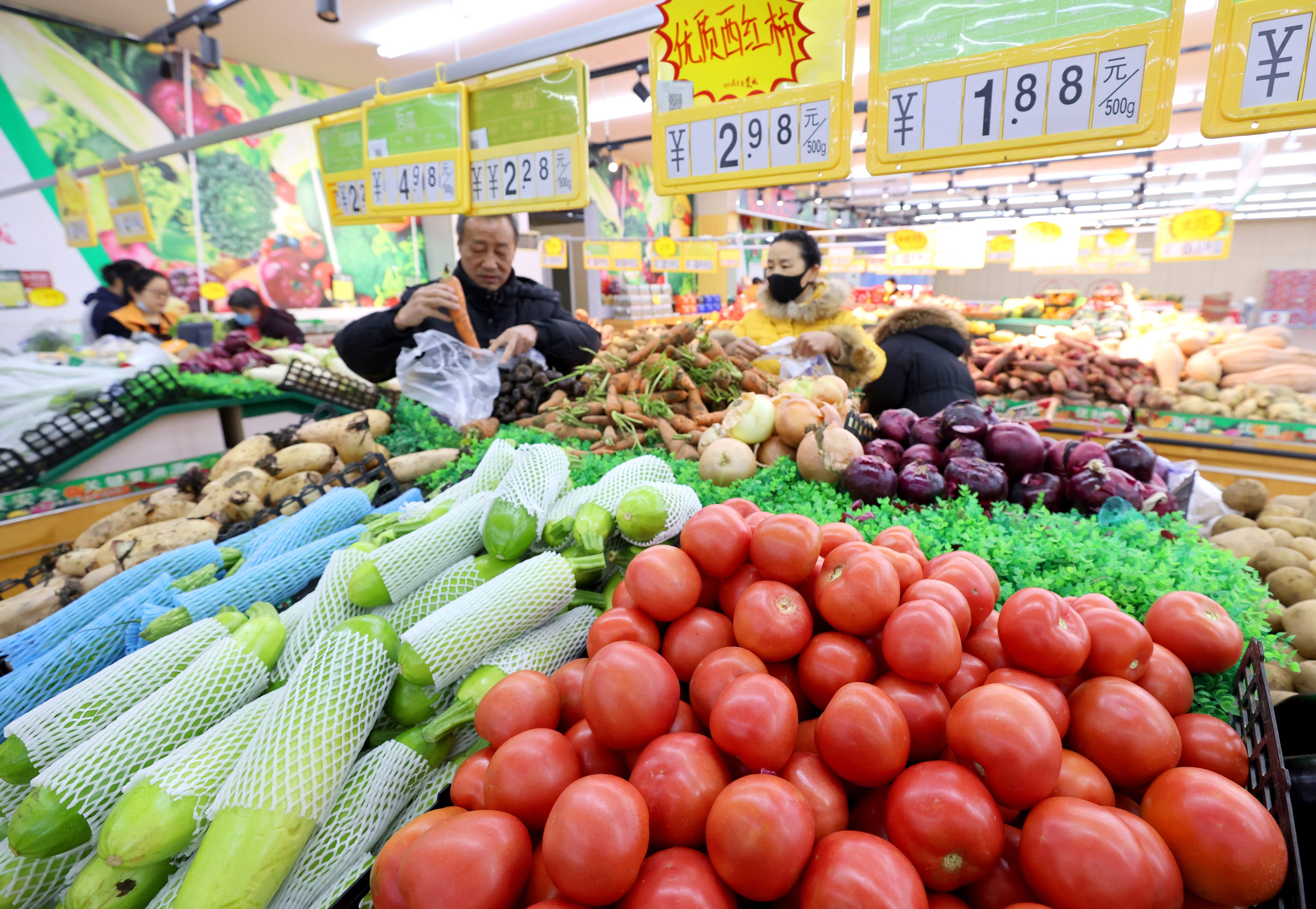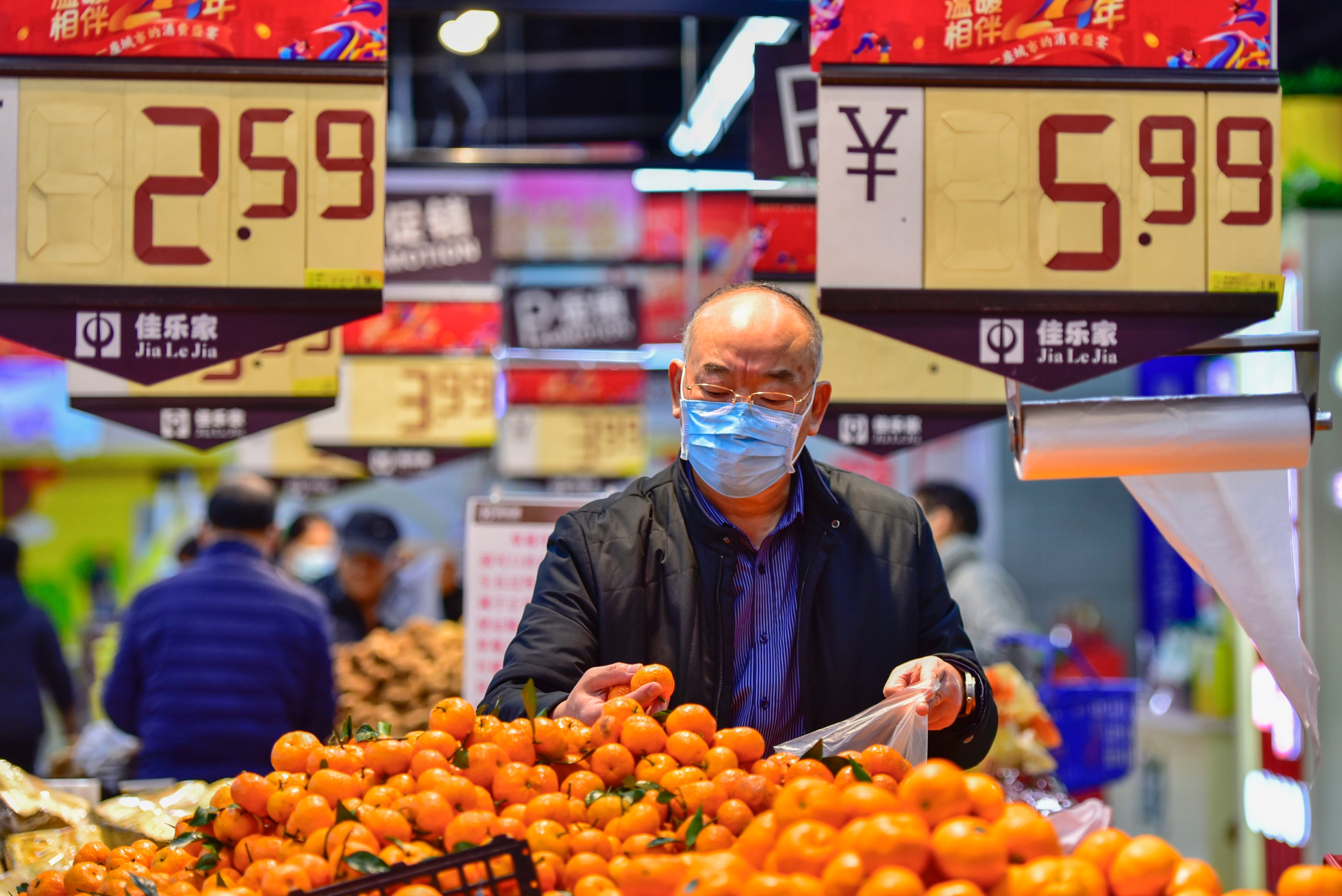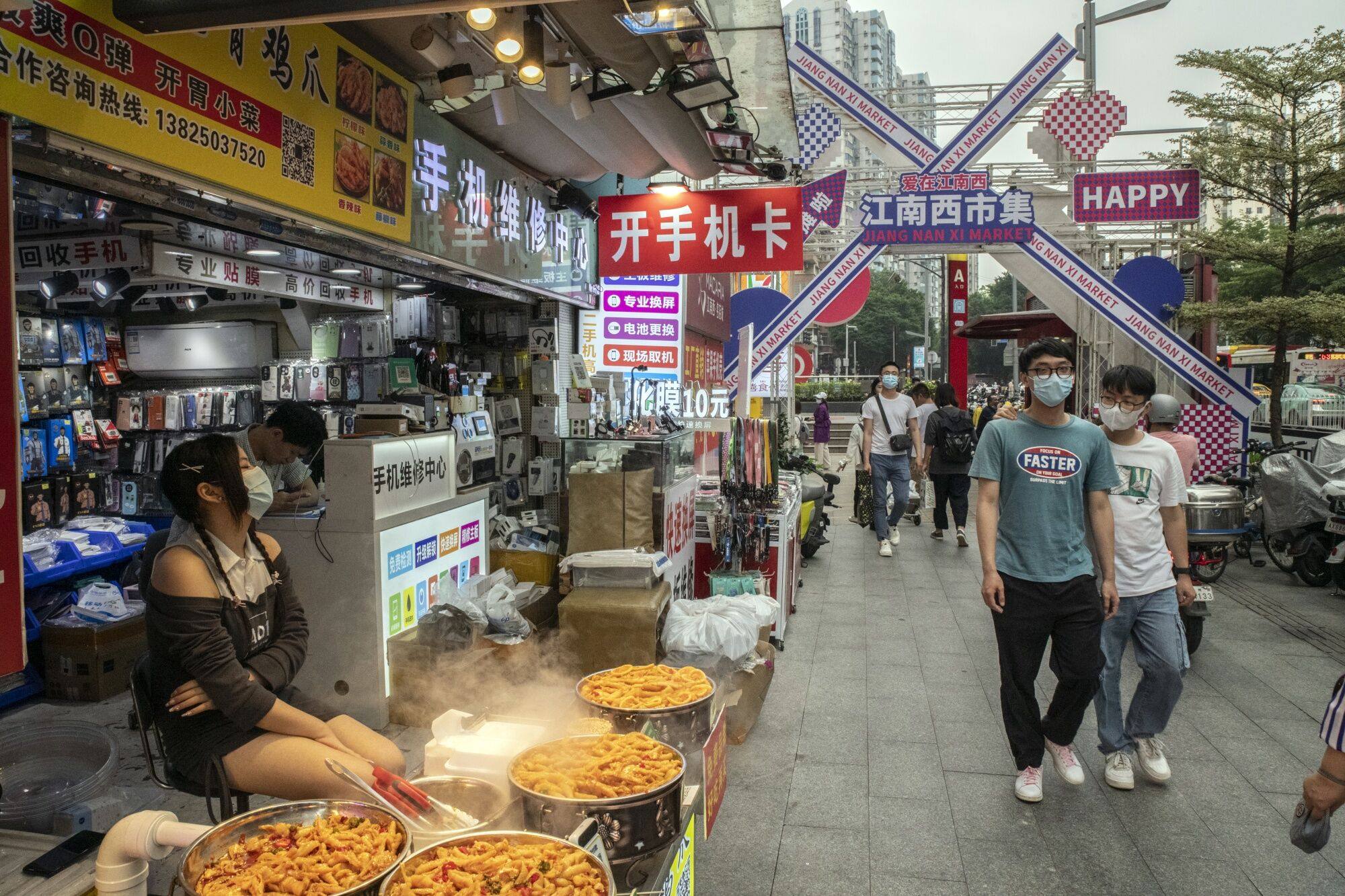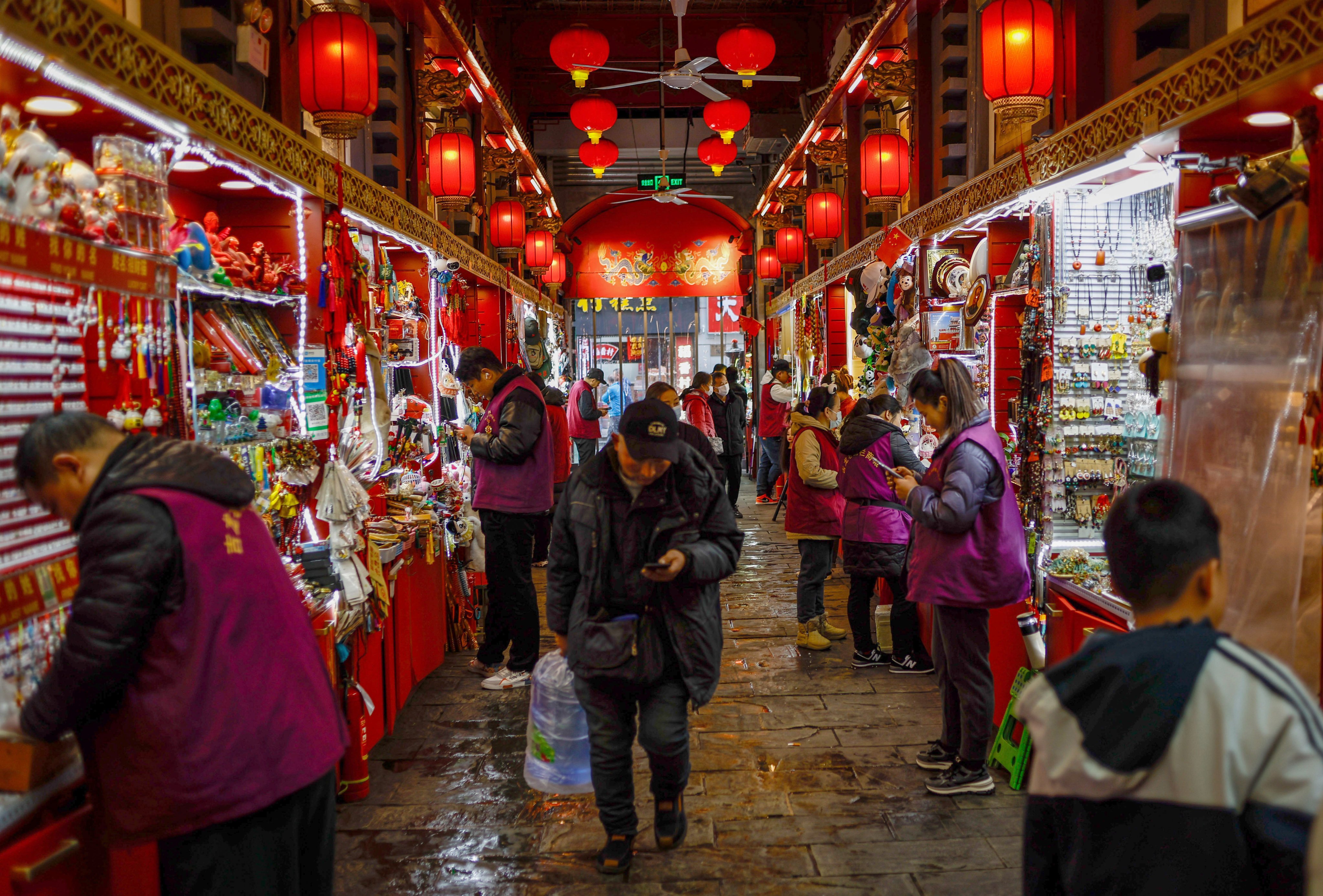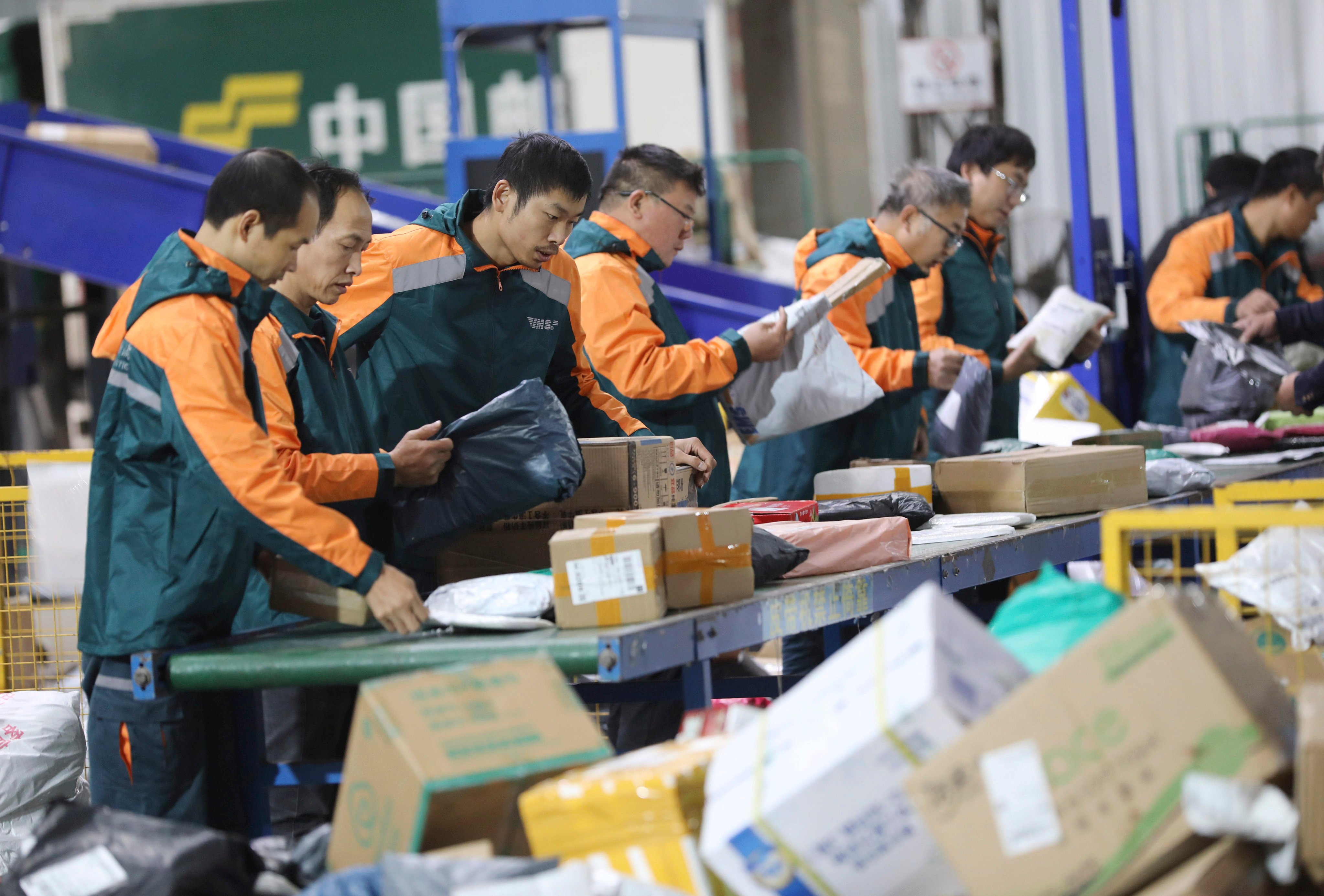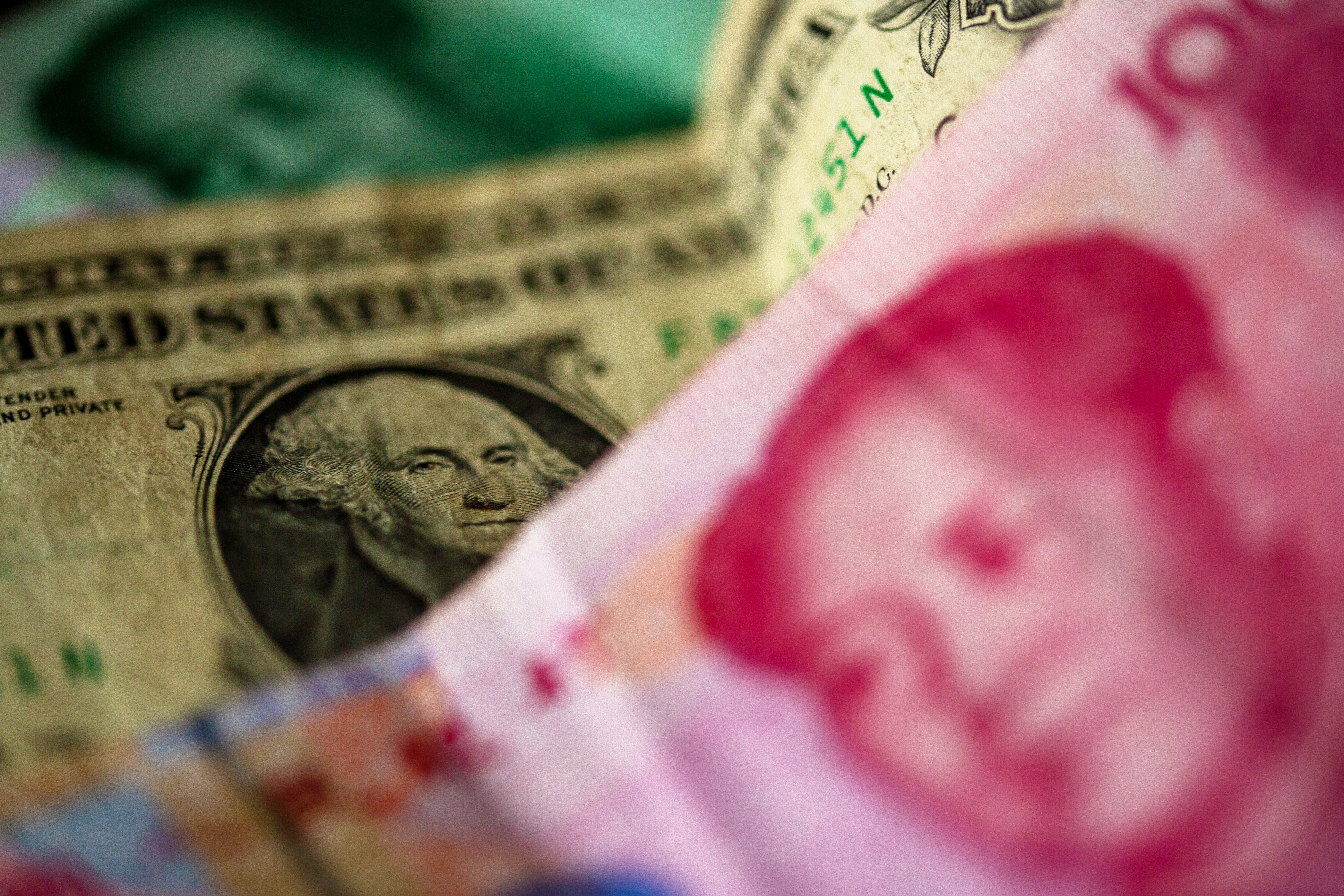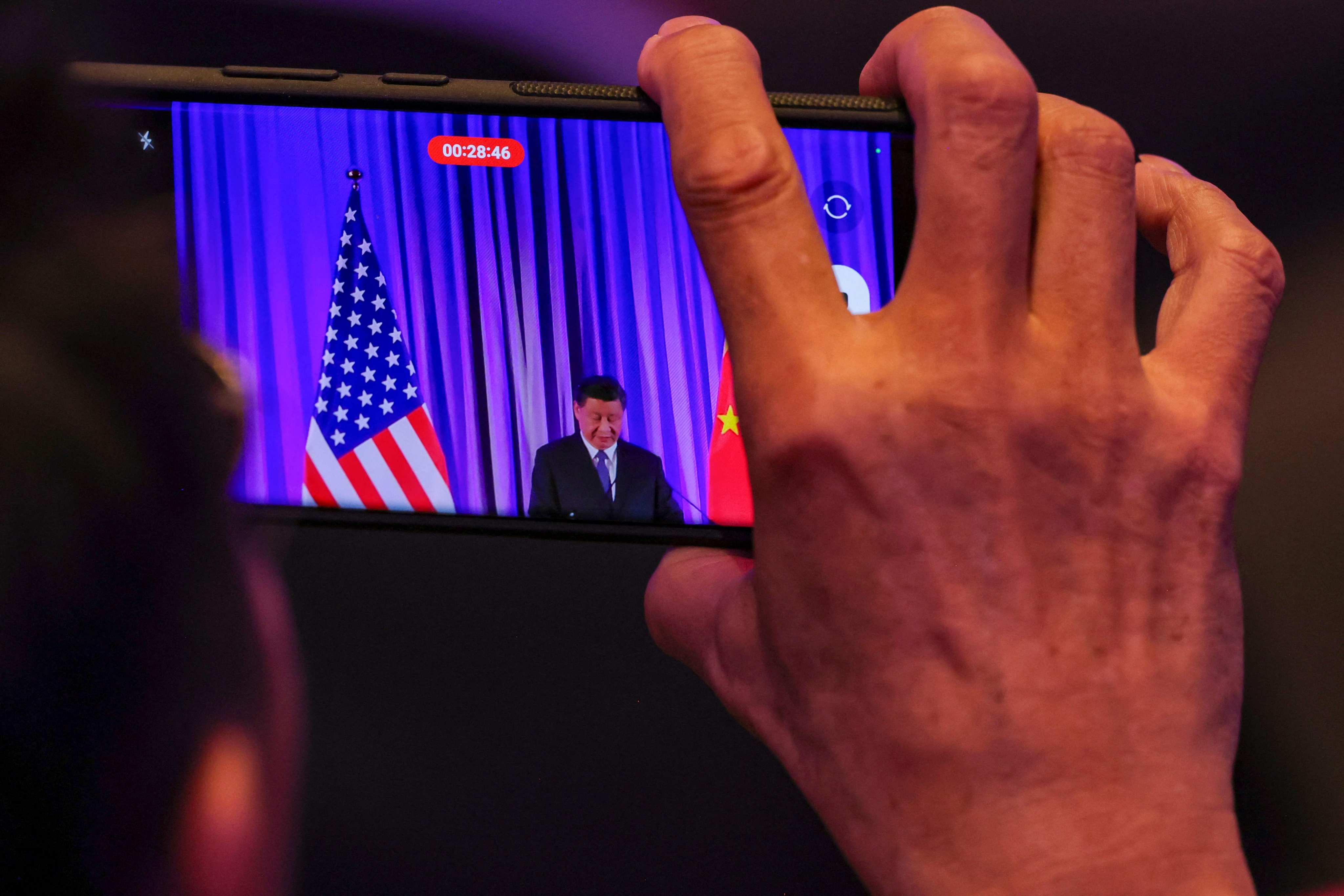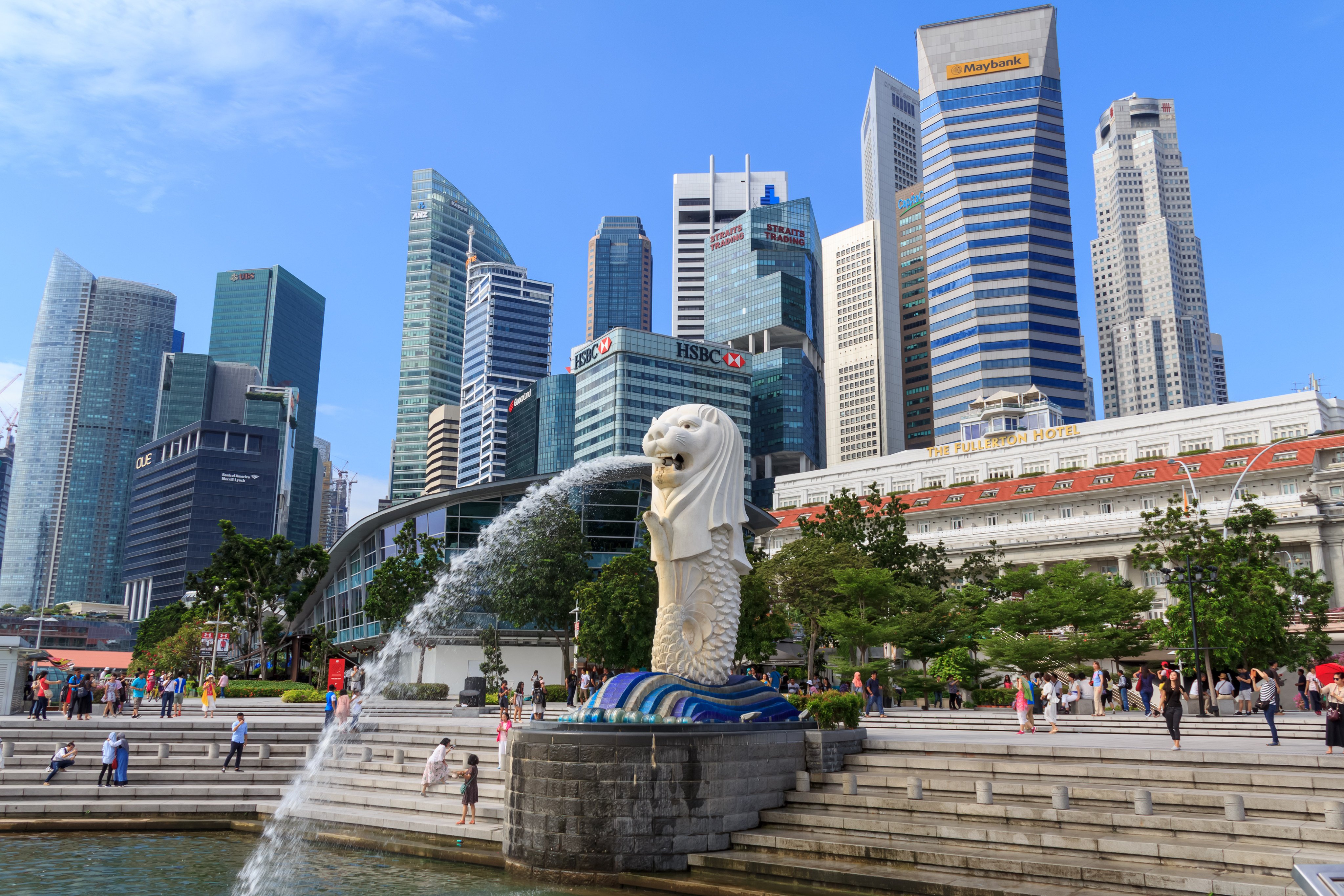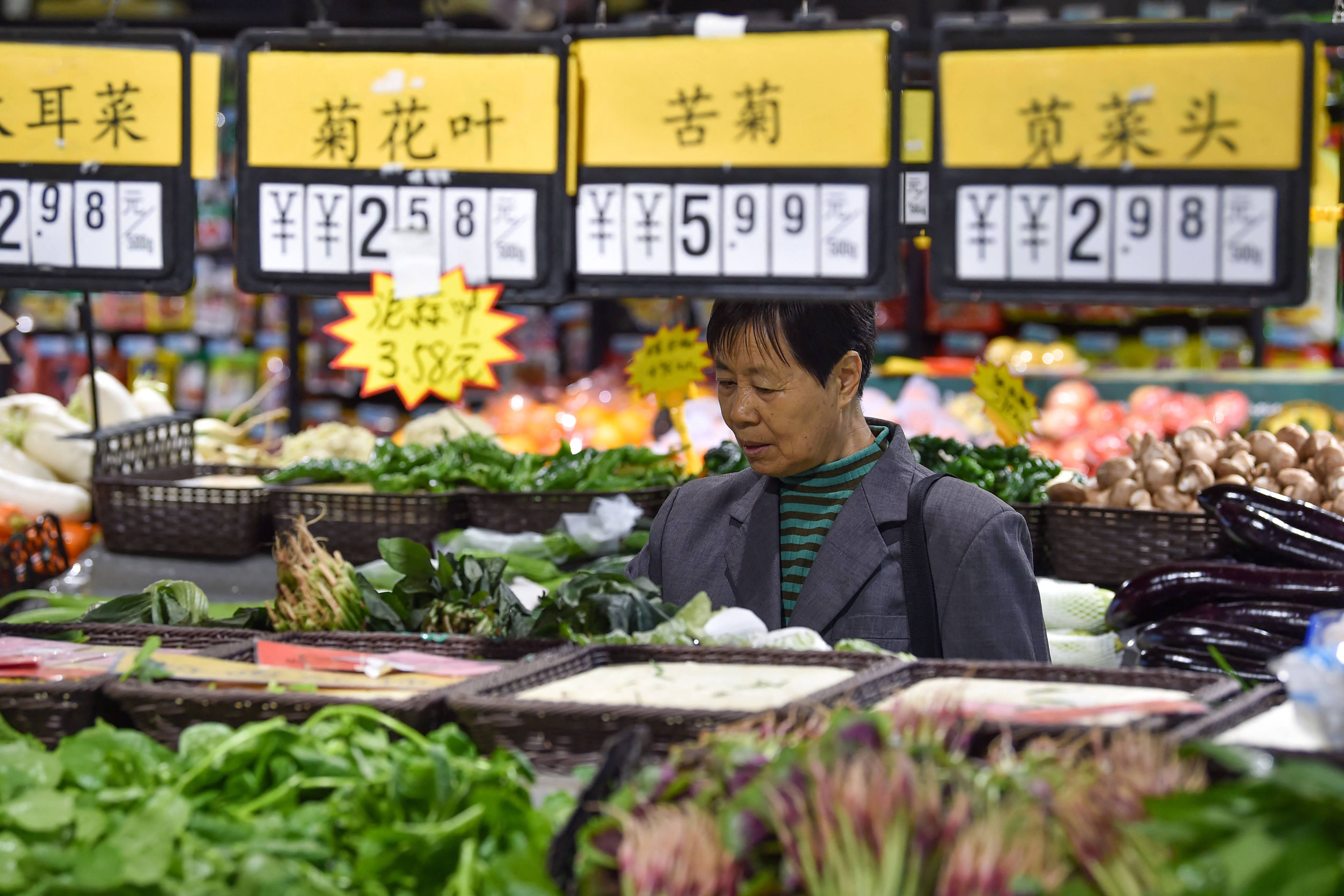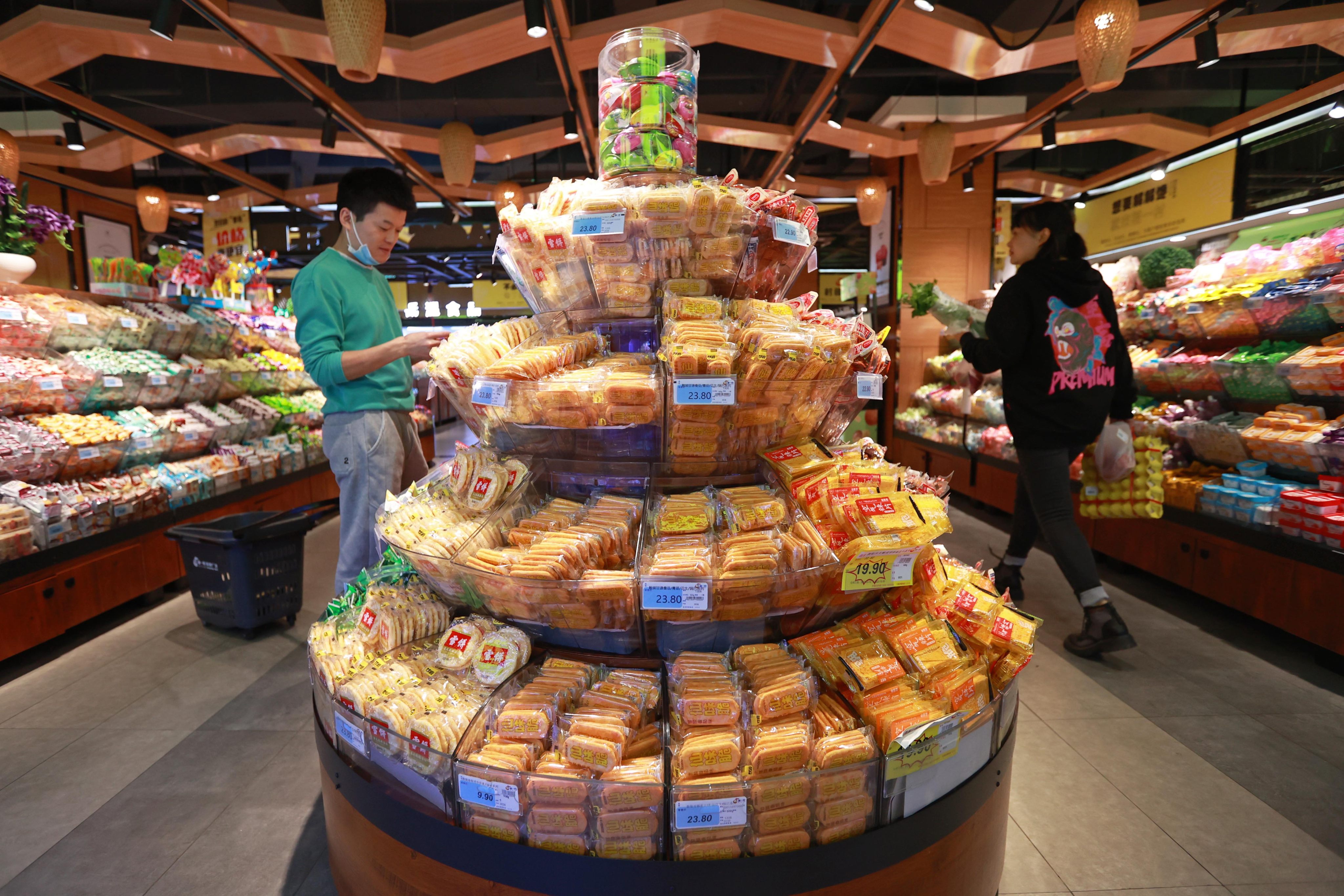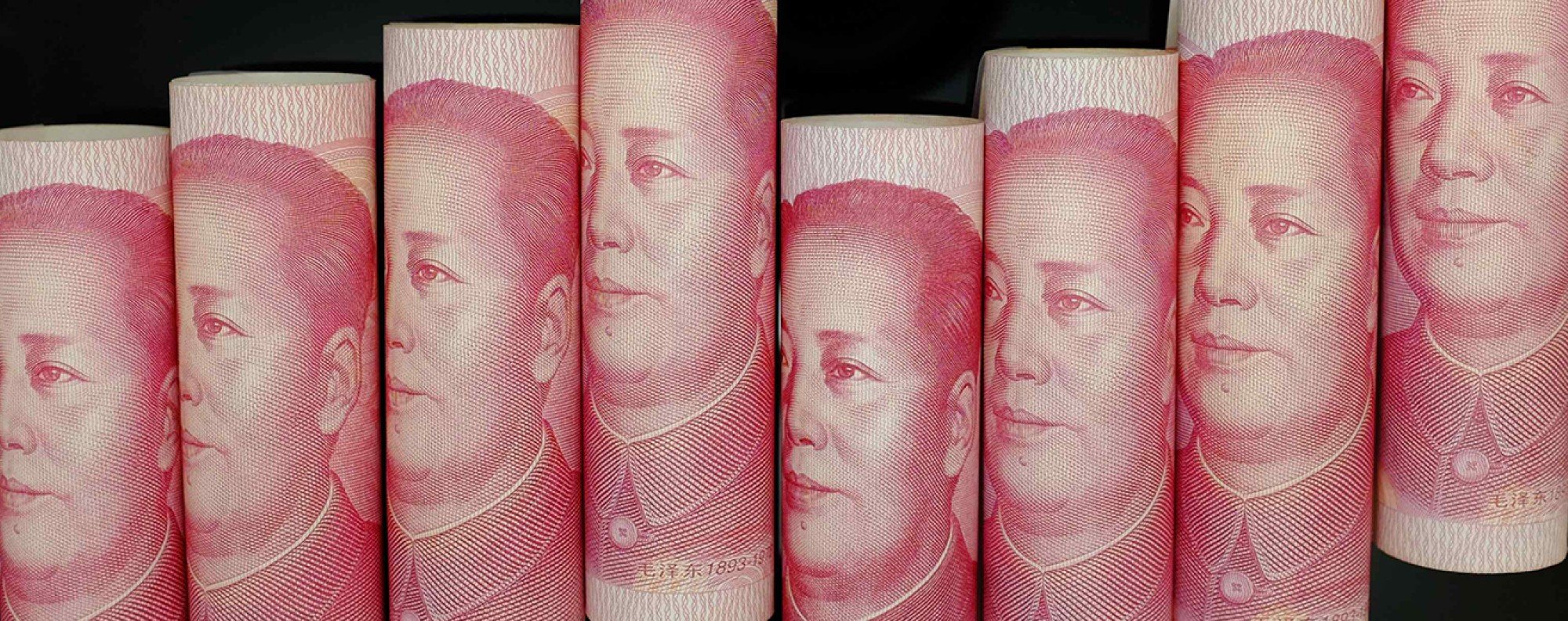
Topic
Inflation captures the rising costs of goods and services in an economy and, as a result, the decreasing purchasing power of consumers. It is most often measured by the consumer price index (CPI), which tracks the prices people pay for a "basket" of goods and services. China has never disclosed the weighting of its CPI, but estimates suggest food, tobacco and alcohol make up about 30 per cent, with pork believed to be the most heavily weighted product. As the prices of everyday goods rise, Chinese consumers feel inflation directly as an increase in their general cost of living.
Setting up a special bureau to look over business owners’ shoulders misses the mark. Beijing needs to stop harassing private firms, rethink its anti-corruption drive and trim the bureaucracy – nothing short of a mind-set change.
- Prudent monetary moves and an emphasis on restructuring local government debt have sparked debate over how long it will take policymakers to ‘walk it off’
- Meanwhile, the pitfalls of a potential liquidity trap are deepening as bank deposits rise from consumers and investors hoarding cash, curtailing policy impacts
China reported another low level of consumer inflation in March, while factory-gate prices fell for the 18th straight month.
China’s managed currency is seen as an anchor for its regional peers, meaning small moves can have an outsize impact.
China’s consumer price index grew only slightly in March, while factory-gate prices fell for the 18th straight month, underscoring the need to speed up interest rate cuts, analysts said.
China’s consumer price index (CPI) turned positive for the first time since September, while the producer price index (PPI) fell for the 17th month in a row.
After changes to its leadership and structure, and with draft laws altering its scope, China’s central bank looks to be taking on a different role from years past – one which seems notably distinct from Western norms.
China’s consumer price index grows by 0.7 per cent year on year in February, beating forecasts and marking first rise following six months of decline, but factory-gate prices fall for 17th straight month in what analyst describes as ‘warning signal’.
Chinese Premier Li Qiang held a study session with his cabinet on Monday, vowing to tackle barriers to forming a vast market.
In a recent research report, China International Capital Corporation determined a direct fiscal stimulus is the best course of action for economic growth this year, after several rounds of credit support to businesses have not had the desired effect.
China’s consumer price index (CPI) fell for a fourth consecutive month in January, while factory-gate prices also fell for the 16th straight month amid fears of deflationary risks.
China’s consumer price index (CPI) fell for the fourth consecutive month in January, adding to deflation woes, while factory-gate prices declined for the 16th straight month.
Several economic researchers and observers have emphasised the need for measures to boost demand, particularly direct cash payments to households, but have lamented such action is unlikely to be taken at present.
The dangers of debt, deflation, de-risking and demographics are at China’s doorstep, threatening growth in its US$17.67 trillion economy for 2024.
China’s exports saw another modest uptick in December, underlining its fluctuating recovery in 2023, while deflationary risks continued as consumer inflation fell for a third month in a row.
China’s consumer inflation fell for a third month in a row in December, bringing annual figures to record lows and triggering calls for more government action to address deflationary risks.
The Hurun Report found that the intangible assets of the mainland’s 100 biggest indigenous brands with at least 60 years of history were valued at a combined 9.43 trillion yuan (US$1.32 trillion) in 2023, compared to 9.87 trillion yuan the previous year.
Economist Steven Ng-Sheong Cheung saying China should target a yearly inflation rate of 6 per cent triggered a backlash, as the world’s second-largest economy struggles with slowing growth and low inflation.
China’s consumer price index (CPI) fell by 0.5 per cent from a year earlier in November, while the producer price index (PPI) fell for the 14th month in a row.
After months of stagnation or outright contraction in major price indices, a prominent economist has suggested China kick-start growth through a period of inflation with annual rates maintained at 4 to 6 per cent.
Downward pressures on energy and food prices cited by Beijing as consumer price index falls 0.5 per cent year on year in November.
Spending on consumer goods fell 0.9 per cent year on year during the third quarter as consumers remain ‘discerning’ about their choices, says a study by Bain & Company and Kantar Worldpanel.
Economists generally expect that the US’ most aggressive rate-rising cycle in 40 years will end soon, and that any subsequent rate-cut cycle would lead to lower financing costs for businesses – a positive for trade flows.
President Xi Jinping pledged more measures to attract foreign investors in November, Premier Li Qiang took the helm at the Central Financial Commission and China announced visa-free entry plans.
The city state took pole position for the ninth time in 11 years while Hong Kong slipped one notch to rank fifth among 173 countries, according to a study by the Economist Intelligence Unit (EIU).
Known for his critical assessments of China’s economy, Yu says there is ‘very big room’ for more expansionary fiscal policies, and time is of the essence in adopting them – or bigger risks could emerge.
A deepening of food-price deflation saw China’s consumer price index (CPI) fall in October from a year earlier, while the producer price index (PPI) fell for the 13th month in a row.








